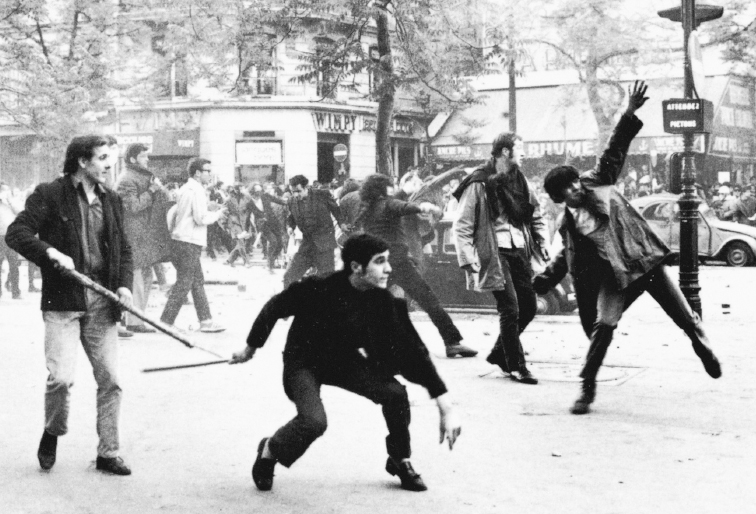Why did the postwar consensus of the 1950s break down?
IIN THE EARLY 1960S, politics and society in prosperous western Europe remained relatively stable. East Bloc governments, bolstered by modest economic growth and state-

Student Rebellion in ParisThese rock-